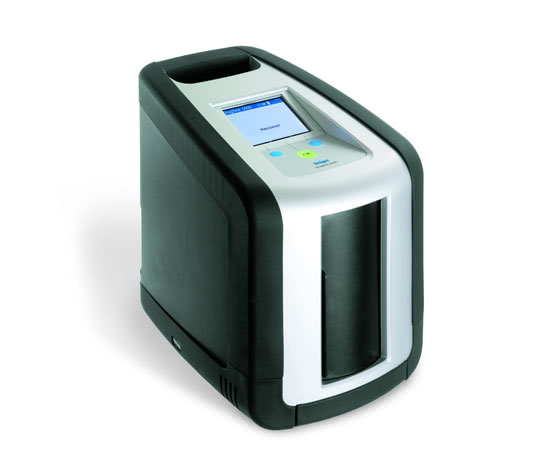
One of the most contentious issues surrounding the impending legalization of recreational marijuana in Canada is whether law enforcement will be capable of adequately detecting impaired driving.
While this particular aspect of legalization seems to still be a work in progress, the Canadian Justice Department recently approved the first device that law enforcement officers can use to test saliva for recent cannabis use. Police being able to use such a device was approved in bill C-46, Canada’s recreational marijuana legalization bill, along with a significant overhaul of Canada’s impaired driving laws, according to The Canadian Press.

That said, before law enforcement agencies could order a device, Jody Wilson-Raybould, Canada’s Attorney General, first needed to approve it. With the advice of an independent committee consisting of toxicologists and traffic safety experts, a device that’s actually capable of detecting recent Cannabis use called the Draeger DrugTest 5000, will soon be in use by law enforcement agencies across the country.
The device is already in use in other nations like the United Kingdom and Germany but needs to be configured to meet Canadian laws. Police in Canada currently use a field sobriety test to check for drug-impaired driving, such as standing on one foot or walking in a straight line.
The Draeger DrugTest 5000 is capable of detecting if Cannabis has been consumed in the last six hours. According to The Canadian Press, a failed test results in police having reasonable grounds to do further testing, which could include a blood test.
The saliva-testing device is also capable of testing for cocaine.
Image credit: Pixabay
Source: The Canadian Press
MobileSyrup may earn a commission from purchases made via our links, which helps fund the journalism we provide free on our website. These links do not influence our editorial content. Support us here.


